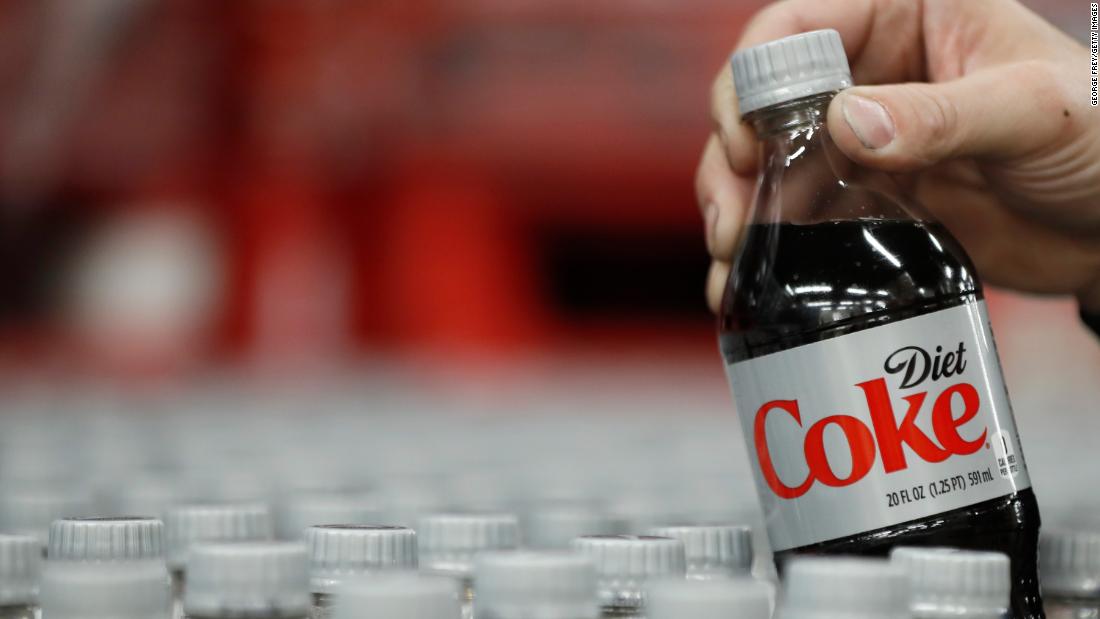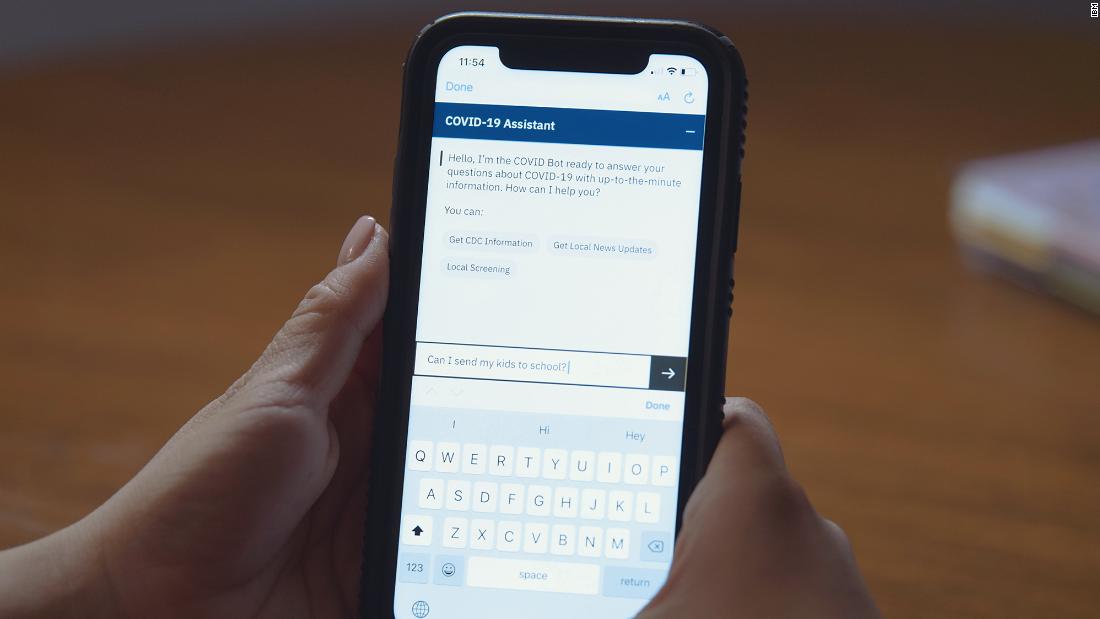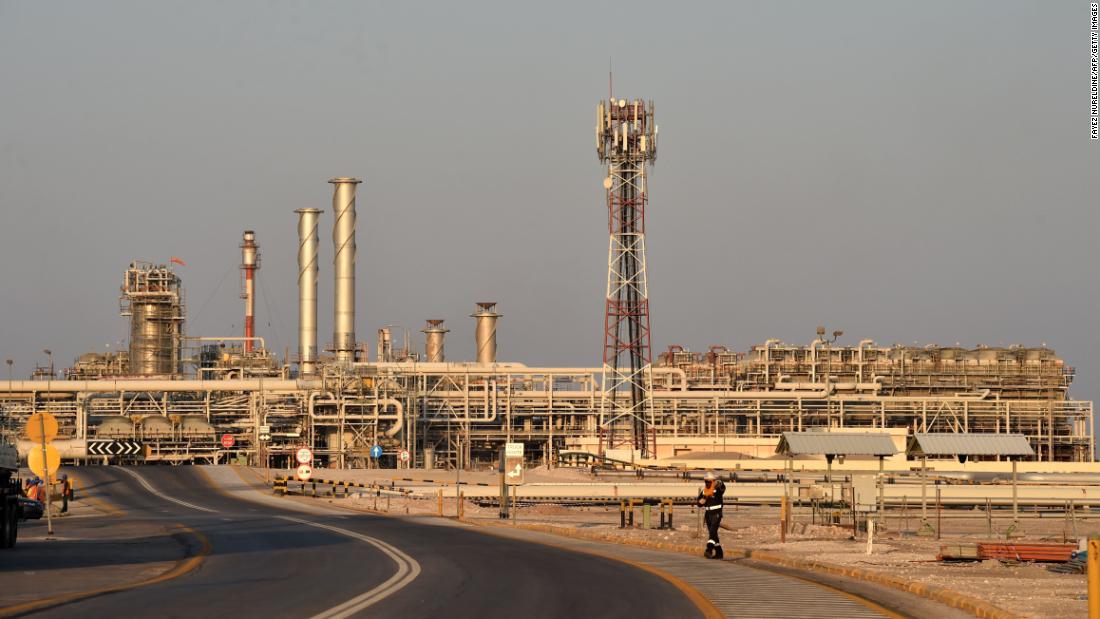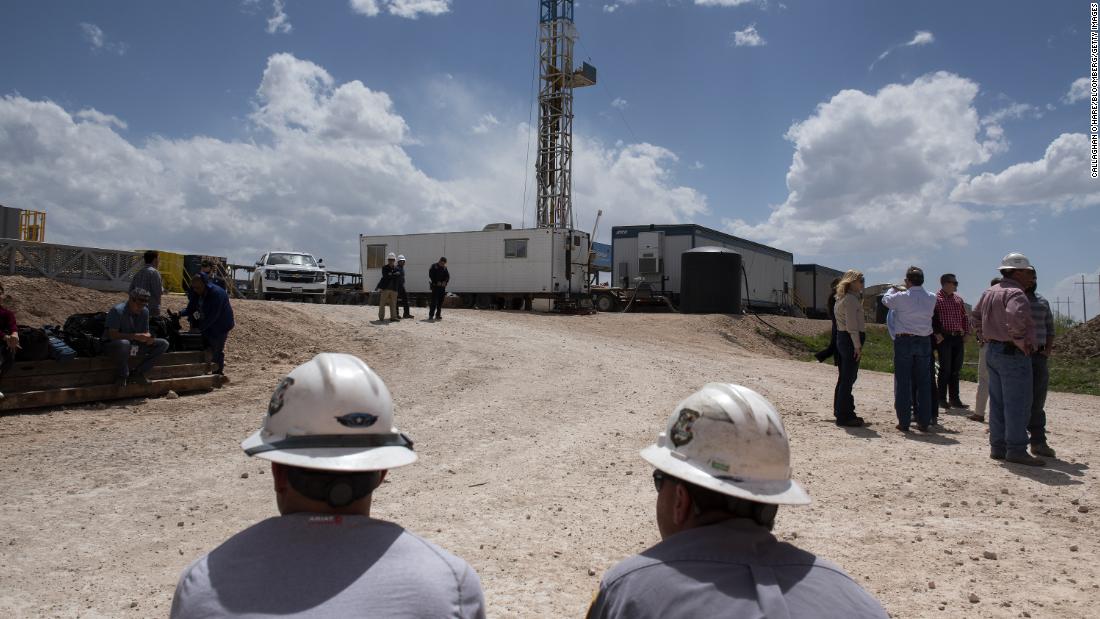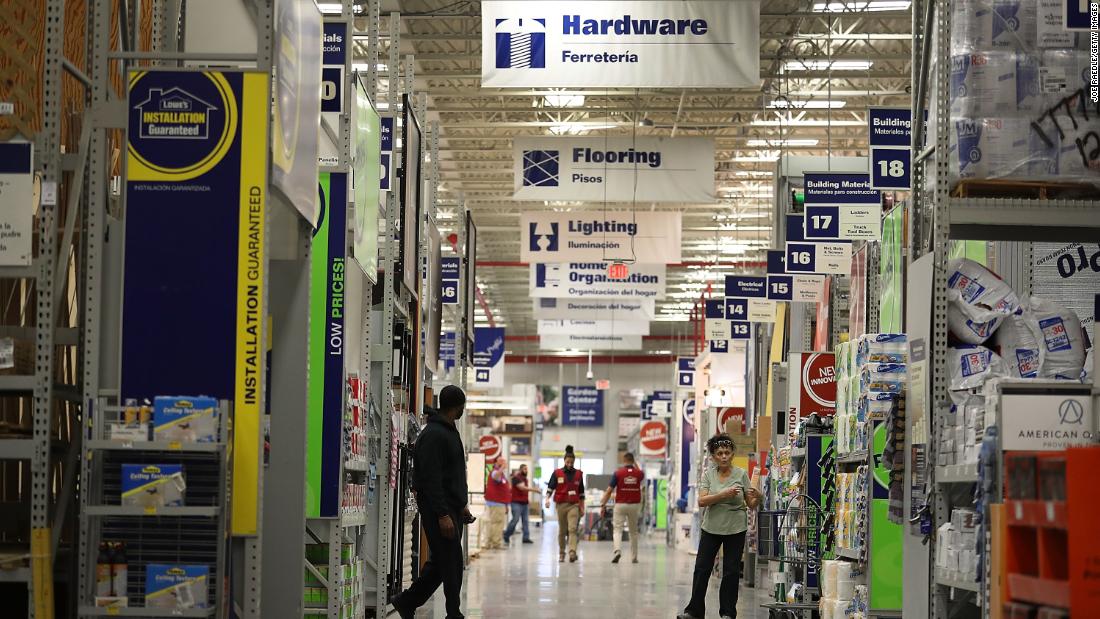
Lowe’s is implementing a temporary $2 an hour pay increase for all of its workers.
The home improvement chain said in its announcement Thursday that the wage increase is for April only. It applies to all of the company's full-time, part-time and seasonal hourly workers who are employed at Lowe's stores, its contact centers and its fulfillment facilities in the United States and Canada.
Lowe’s CEO Marvin Ellison said the move was a “way to thank our 300,000 associates for their heroic actions in serving the needs of our communities.”
Masks and gloves will be available to all associates. Lowe's also noted that it has halted sales of N95 masks which are instead "being donated to hospitals to protect frontline healthcare workers."
Also, Lowe's will now close all of its stores at 7pm daily to allow time for cleaning and sanitizing.




